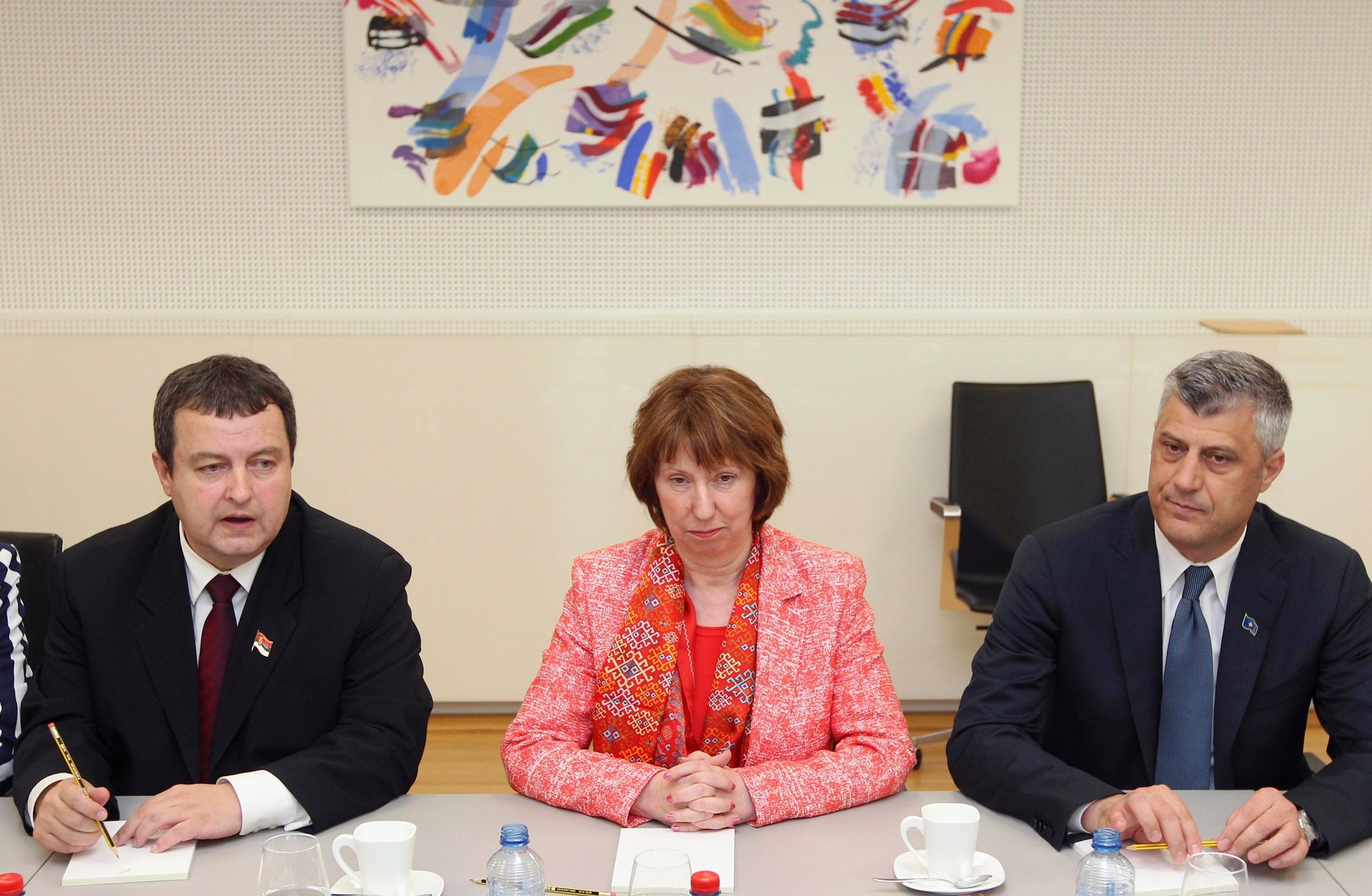Sarajevo – beyond the siege
Over twenty years on from the onset of war in Bosnia and Herzegovina, Ted Lieverman explores the progress of Sarajevo's recovery - or not - from the almost four-year long siege.
Bosnia – between ethnic-nationalism and Europeanization
The process of ethnic-nationalization witnessed in post-war Bosnia and Herzegovina is incompatible with the very norms, values and conditions of European membership.
Separating religion and state in Bosnia
With the role of religion having remained largely ignored in post-Dayton Bosnia-Herzegovina, there is a need to promote a process of secularization by upholding the separation of church and state.
Civil society in Bosnia – obstacle or opportunity?
The marginalization of civil society from Bosnia and Herzegovina's process of transition can, in part, be explained by the dominant ethno-nationalist agenda that has meant that civil society itself has been ethnicized and divided along ethnic lines
Brinkmanship in Bosnia-Herzegovina
Negotiations to form a state-level government in Bosnia-Herzegovina have seen the creation of two new constitutional conventions - the notion of ‘legitimate representation’ and the principle of ‘ethnic rotation’ - which will continue to exert a profound influence on the country's politics.
Bosnia's failing Europeanization process – who is to blame?
The unclear position of EU member states on the required modifications to Bosnia and Herzegovina's constitution has further contributed to the country's deepening political deadlock.
Negotiating division and co-operation in today’s Bosnia
The system of government in Bosnia and Herzegovina is characterized by the tension between different types of mutually reinforcing distrust, which make institutional change and the emergence of new elites more difficult than in neighboring countries.
The silent passing of Bosnian proconsulship
By lifting the OHR's remaining bans, Valentin Inzko has quietly conceded that the OHR no longer has the moral authority to dismiss people from public office or to punish them by international decree, thereby marking a profound change in the international community's attitudes towards Bosnia and Herzegovina.
Milorad Dodik and the politics of referendum
Through threats and cajolements, Dodik is proving remarkably adept
The dangerous politics of leverage – Republika Srpska
Dodik's decision to postpone a controversial entity-wide referendum on the decisions of the international high representative will likely amount to yet another postponement of the much needed critical reexamination of the politics of the region and the political institutions of Bosnia and Herzegovina.
Kosovo – is the EU turning status neutral?
After seeking since 2008 to support the imposition of Pristina's rule in north Kosovo, the EU may now be shifting to a more status-neutral approach. The devil will be in the details and much will depend on whether the US goes along.
The Court of Bosnia-Herzegovina faces "inevitable collapse"
An interview with Matthew Parish, the former Chief Legal Adviser to the International Supervisor of Brčko, on the current political situation in Bosnia and Herzegovina, including the challenges surrounding government formation and the Republika Srpska's proposed referendum on the Court and Prosecutor’s Office.
Bosnia – not your father’s Sporazum
The current politics of “2 against 1” reflect the failure that is Bosnia and the danger that a Dayton arrangement acceptable to none of the country’s players - except maybe for Dodik - could provoke challenges even more unexpected and indelible than those so far evident.
Dodik’s next move – squeezing Brcko dry
With VAT the biggest single source of government revenue in Bosnia and Herzegovina, the Indirect Taxation Authority (ITA) will be the next target of Milorad Dodik's agenda to weaken state institutions.
Bosniak nationalism – the end of exceptionalism?
By ignoring the manipulation of Bosniak identity, particularly by ex-president Haris Silajdzic, the international community has contributed to the destabilization of Bosnia and Herzegovina's current institutional framework.
Bosnia – the challenges of constitutional reform
In an exclusive interview for TransConflict, professor Bruce Hitchner, chair of the Dayton Peace Accords Project, discusses the prospects for constitutional reform in Bosnia and Herzegovina following October's elections.
"The future of Bosnia now lies with Bosnians, not with outsiders"
An interview with Matthew Parish, the former Chief Legal Adviser to the International Supervisor of Brčko, on the politics of the Republika Srpska and the limits to international intervention in Bosnia and Herzegovina.
Bosnia – the path to sustainable peace runs through Banja Luka
The Canadian experience suggests that sustainable peace in Bosnia and Herzegovina can only be achieved by treating the Republika Srpska as a political player with legitimate fears and concerns.
Barking up the wrong tree in Bosnia
Bosnia and Herzegovina has made progress along its road map, but the international community is focusing on the wrong issues.








